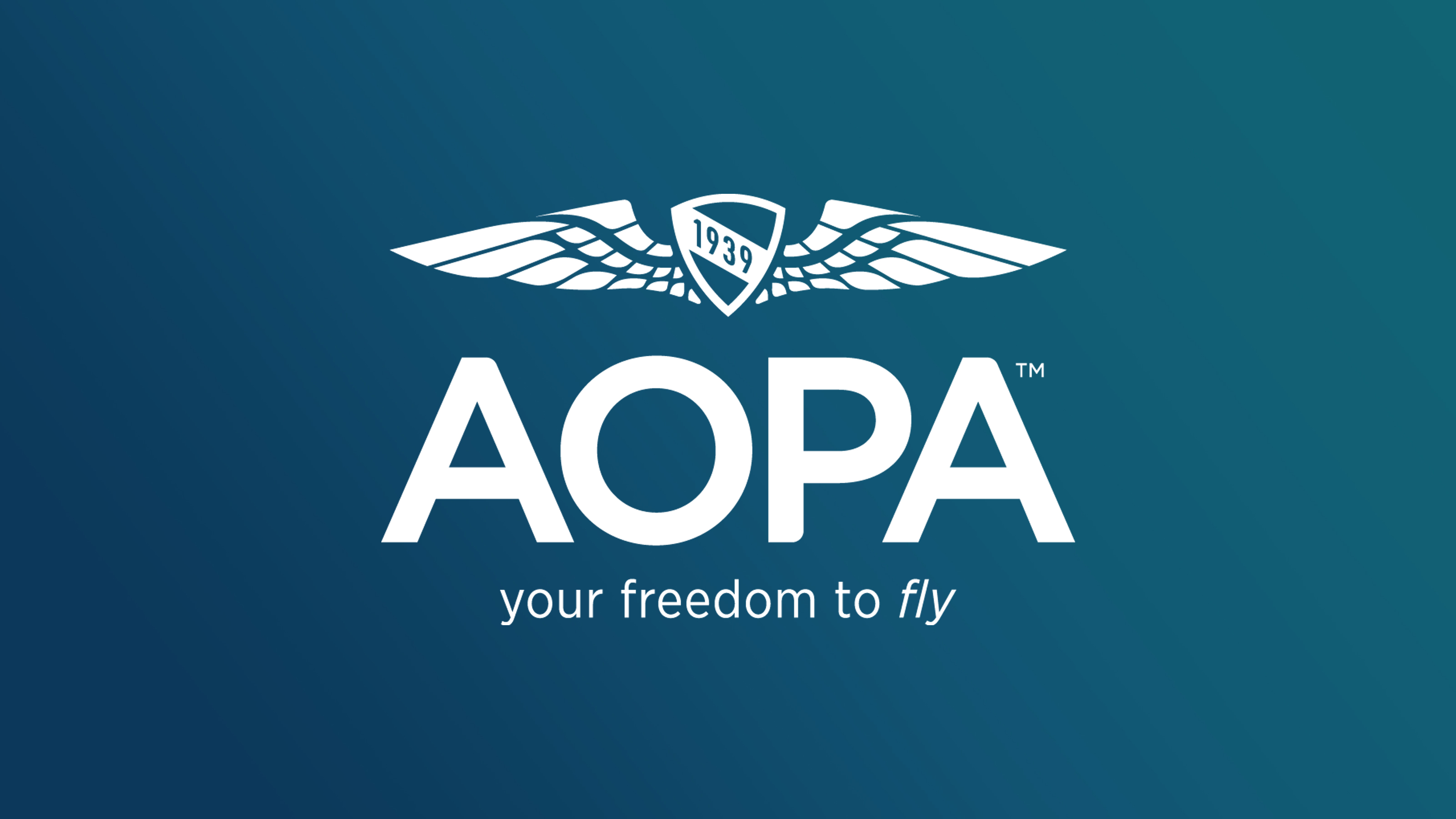Aircraft Operations
For AOPA, advocacy is more than just lobbying Congress or negotiating with the FAA. It’s about staying engaged with hundreds of state agencies and legislatures. It’s about maintaining a network of pilots to monitor thousands of airports. It’s about putting the combined weight of 325,000 pilots behind you.
